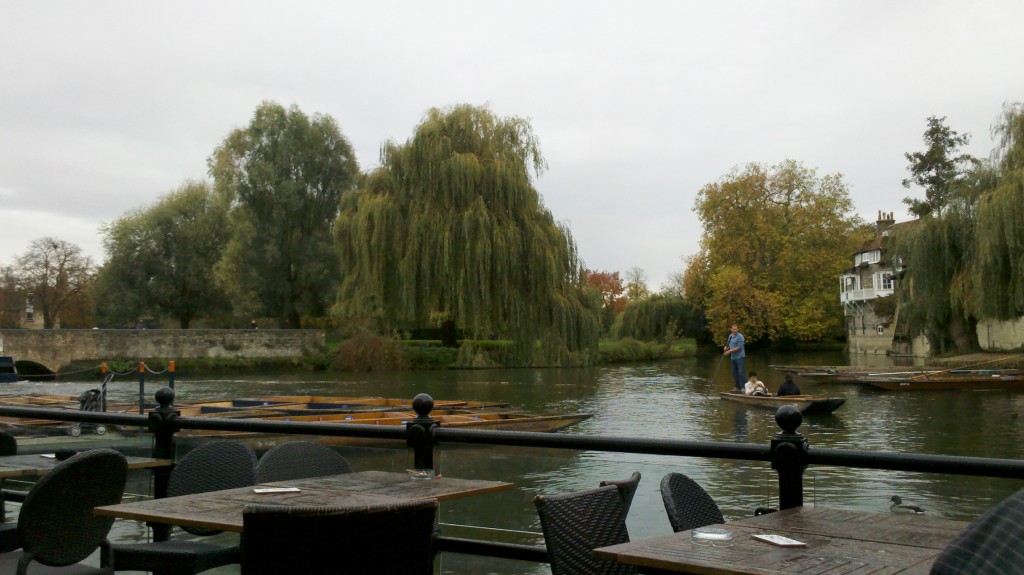https://twitter.com/DonnaLanclos/status/891746689958203396
Well!
For those of you catching up (that, er, would include me), my family and I are living in the UK for a year. The fact that we were already in the UK at the end of July meant that I actually got to attend the International Conference on Performance Measurement in Libraries conference (formerly known as “the Northumbria conference,” apparently), held in Oxford this year.
I was presenting along with Andrew Asher on our project (along with many other partners in crime) on a Day in the Life of our students. There’s a version of our paper here, from what we as a group presented at LAC in 2016 , and the paper we presented in Oxford will be in the forthcoming conference proceedings.
We also, Andrew and I, were invited to run a workshop on ethnographic observations. It was (it always is) great fun, and I enjoyed being reminded again about the power of qualitative research, and the insights and rich data even just 15 minutes of observing can yield.
The last time I was in Oxford was in 2014, and I was just a tourist, up for a day of wandering about. I wrote about part of my experience at the time–I found Oxford lovely, but distanced. It was a place I could never see myself being comfortable in, full of gates and doors that were closed, and walls with no entrances at all.
It was in stark contrast to my experience of Cambridge in the following Spring, which is weird when you think about it, because Cambridge too has walls and gates and closed doors. The two places are often mentioned in the same breath, the same word, “Oxbridge.” The difference to me (this will not surprise you) is that I was invited to Cambridge.
I felt welcome in Cambridge because I’d been invited. I am still leery of Oxford because that initial feeling that I didn’t belong there has never really worn off. So, Cambridge probably isn’t actually more welcoming. I was just invited.
And the fact is I get invited. I am a white middle class academic woman and I am a category of person by whom very few people feel threatened and to whom an inordinate amount of privilege accumulates. My subjective experience of the world is generally: I get invited. I therefore have serious responsibilities to those who do not.
There have been events in the last few months that have generated discussions online and f2f that are shaping the ways I am thinking about inclusivity, welcoming, belonging. How do we as people who work within institutions achieve the “inclusive,”what does “welcoming” actually mean, how do people come to feel they “belong?”
Fobazi Ettarh, Chris Bourg, April Hathcock, and several people within the #DigPed community, especially Maha Bali and Sherri Spelic, have been writing in and around these themes. Who is welcome? How is it signaled (or not)? What does it mean for those positioned outside?
There are far too few people who feel welcome in our public spaces, in our gatherings, in our discussions, in our institutions, in our cities, in our countries.
If we have to explicitly call out people as welcome, then we leave other people out. So, how do we create inclusive spaces without the “welcome” problem? I am thinking of a student I interviewed in the Spring–we were talking about belonging, and how he identified spaces where he belonged. He was an international student, a graduate student from Pakistan, and he said that in North Carolina, for him, comfortable spaces were ones where he could look around and see lots of different kinds of people. Homogeneous spaces in North Carolina were usually people “not like him,” and a visible mix of a wide range of people signaled to him that he might have a chance to belong.
The places we create need to have “welcome” baked into them, and they need to be collectively created, not made by one category for another, but held across a range of perspectives, as a community. This process requires letting go of ownership by the people who have power, influence, invitations. It requires thinking about who has license to create and occupy places, and what history, what power relations are behind that license. Places like Cambridge and Oxford were never built to be welcoming, they epitomize the architecture of exclusion and privilege. But, such architecture, such structures do not have to be so obvious to be effective.
Labeling ourselves as “welcoming” and “nice” is part of the problem. We need, as April Hathcock has said in more than one context, to do the work, to sit with the more than occasionally uncomfortable realities of power and privilege. Lorraine Chuen points this out in regard to conference codes of conduct: we cannot simply assert that we are “nice”and think that means something to people who have been excluded and defined as “outside.”
So, in the short-to-medium term, in the work that I do, I want to turn to ways that students are finding and building places that they belong, the barriers they encounter, the help they find, and what success and failure in those endeavors might look like. The conversations I had in the Spring are, I hope, a start towards informing institutional practices that can give students and faculty the space and the tools to make the places of the university (including the library) truly collectively held.


